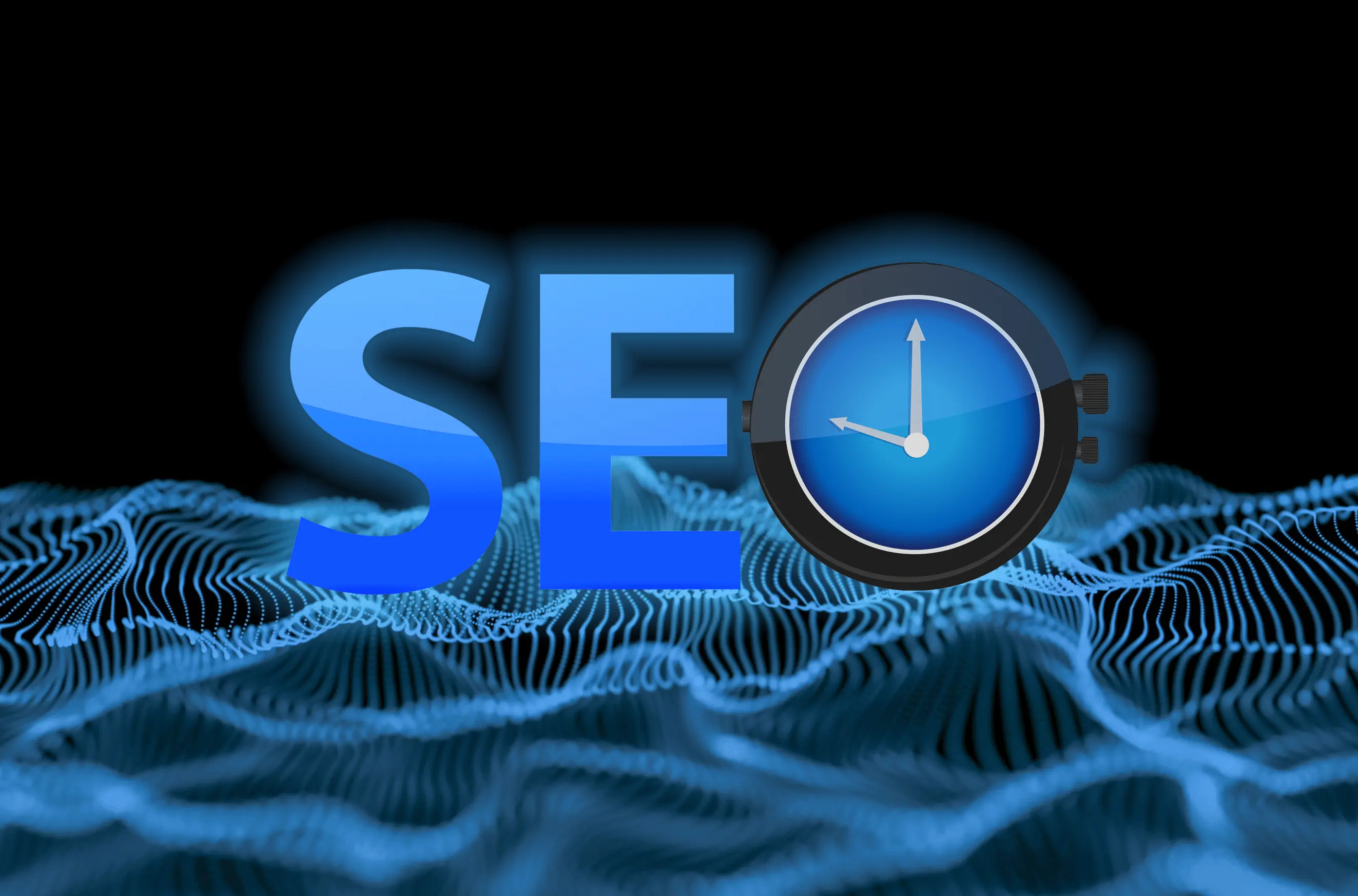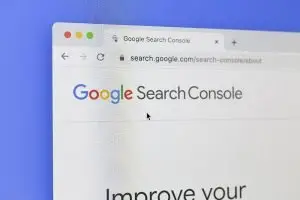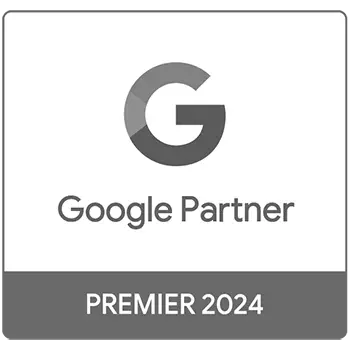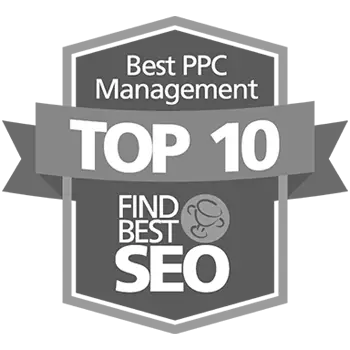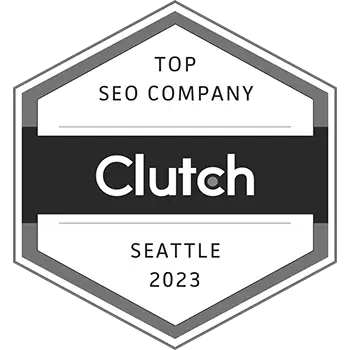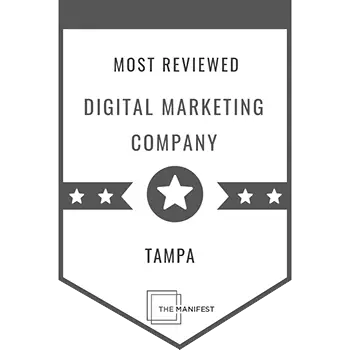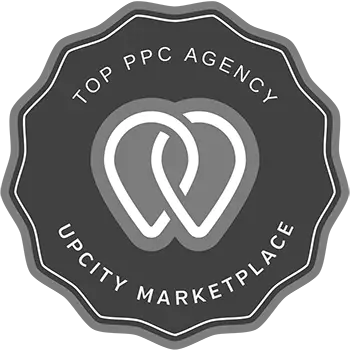How long does SEO take to work? Like most good things, SEO isn’t something that instantly works. Instead, the effects build up over a long time before finally reaching the threshold that causes your rankings to jump. Even more, confounding is how rankings typically don’t show steady improvement. Instead, they stay the same for long periods before suddenly improving. Depending on your site’s starting rank, this pattern may need to repeat several times before the maximum results are seen.
This naturally leaves those who aren’t used to the process wondering just how long it will take for SEO to work. If nothing happens for a month, is it normal or a sign that you’re being ripped off? There are a few factors that go into determining how long you should expect to wait and what may be required for SEO to work at all:
Keyword Insights to Growing Your SEO
While the overall goal of SEO has always been to get more traffic to a site, the specific means of doing so have changed. Years ago, the method was simple: Identify high-traffic, low-competition keywords and try to get #1s for all of them. This worked absolutely wonderfully for many years, and if you can manage it, it will still work now. However, thanks to the arrival of huge competitors like Amazon, Wikipedia, and others, most “big” keywords have become extremely hard to win. It can take years of dedicated effort to unseat a site like Amazon from a highly-relevant, high-traffic, commercial keyword.
Because of this, Forbes reports that the chances of success are higher when going after “long-tail” keywords. These are ones that are related to the main idea, but that comes up when discussing the topic with “natural language.” Since it’s almost impossible to intentionally aim for all of these keywords, they are far less competitive than the major ones.
With this method, the Forbes article estimates that it can take four months or more to start seeing results from SEO services, and up to a year or longer to see the full effect. Importantly, this estimate includes several months for research, site overhauls, and content creation.
Local vs. National or Worldwide SEO
It’s an open secret that, in most areas, it’s a lot easier to rank for local keywords than national or worldwide ones. This is simply because there is less competition. In fact, in some small towns, there may be no competition at all! While the latter scenario is rarer and rarer as local service providers realize the power of the internet, it is still true that most locales have only a few businesses covering each service industry.
Meanwhile, if your product or service can be sent nationwide or farther, you have to compete against every other company in your niche – no matter where it is based. This greatly increases the amount of competition involved, so it’ll take far longer for you to claw your way to the top of the heap.
Search Engine Journal notes that the speed of SEO’s effect slows down as you get near the top listings, regardless of competition level. That’s because those at the top typically have bigger SEO budgets, so they are harder to beat. Depending on the niche in question, it can take some serious financial firepower to unseat the #1 listing.
Links vs. Content
Despite plenty of people parroting that “backlinks,” are the most important part of SEO, SEO has always been about content. Hence, the phrase, content is king!” In the end, informative and relevant content can really kickstart your SEO! That said, links can be important as well.
Unfortunately, backlinks get all of the attention, but there are inherent issues with backlink solicitation versus organic backlinking. Think quality control, how do you know you’re getting a quality and sustainable backlink from solicitation? The fact is, you don’t! Which is where content comes into play. If you write good content, sites may reference your content providing you high-quality organic backlinks. But, there is more…
There are three types of links, backlinks, external links, and internal links. Many businesses and SEOs either don’t know this or simply ignore it. Since we’ve already addressed backlinks, so let’s discuss external links. Let’s say you have a really good blog post. Surely, this blog post references some type of research (i.e., Search Engine Journal citation above). These external links (a.k.a citations) can help your website gain credibility and therefore grow faster. Funny enough, you’re giving also giving another website a backlink, so I hope you see how good content drives organic backlinks?
Internal links, on the other hand, can help link your most important website content. This is also very valuable! We suggest you link in pages and blogs if you want to see your SEO grow.
In the end, there is too much gray area when it comes to backlinks and as Moz.com notes, this has resulted in people taking steps to massively increase their link counts in order to brute-force their rankings. Of course, Google didn’t appreciate how this interfered with their goals, so they made their system more complicated. Google now pays attention to link quality, velocity, and whether or not the links stick around or drop off suddenly. If you play on the link buying side, you run the risk of getting spammy backlinks, which can negatively affect your website, and therefore slow down your SEO growth.
Links still play a role in growing your SEO over time – and if you can get good ones, your efforts can work faster, but good content is still the key.
There is no Solid Answer for How Long SEO Takes to Work
Due to all of these variables and more, there is no solid answer for how long it’ll take SEO to work for a specific website or page. Each keyword has a rankability metric, and this should be discussed before content is targeted. If you already have great content, attract new links on a regular and organic basis, and have little competition, it will take less time for a deliberate SEO effort to start to pay off. On the other hand, if your site has bad content, is slow, has hardly any links (or worse, Google penalties from link spamming), and other problems, your SEO team will first have to correct these issues; therefore, their SEO efforts will take more time to pay off.
One of the best ways to get results as fast as possible is to hire an effective, experienced SEO company. This way, you’ll avoid pitfalls that can slow or even derail your SEO efforts. You’ll be able to focus on your own business, while the pros take care of the hard work of getting more organic traffic to your site.

